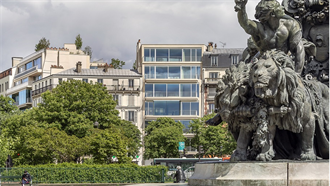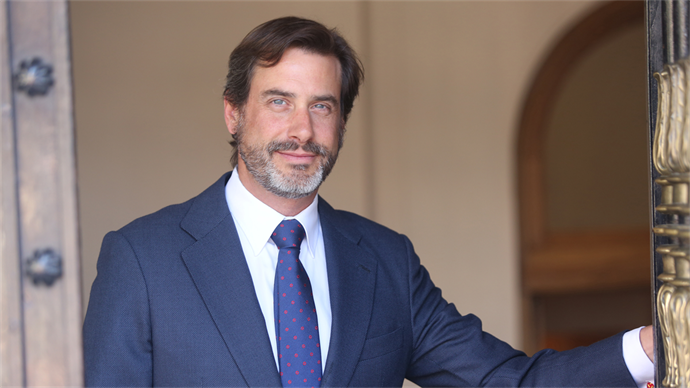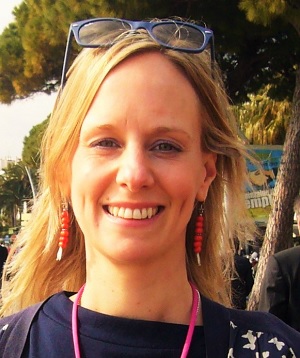Spanish REIT Castellana Properties, which was incorporated in 2015, is that rare beast in the real estate panorama: a firm specialising entirely in retail properties, with no intention of diversifying into other asset classes.
MAGAZINE Spanish retail defies secular change
- In Magazine highlights
- 12:24, 14 november 2023
Premium subscriber content – please log in to read more or take a free trial.
Events
Latest news
Best read stories
-

Investis expands Swiss resi portfolio with €149m acquisition
- 20-dec-2024
Swiss real estate group Investis has boosted its real estate holdings with the CHF 139 mln (€149 mln) purchase of prime residential properties in Vaud canton.
-

-
- 23-dec-2024
Indurent gets green light for Staffordshire shed

-
- 23-dec-2024
NBIM snaps up 80% stake in Trinity office tower

-
- 20-dec-2024
Deka snaps up Paris office building for €89m






























